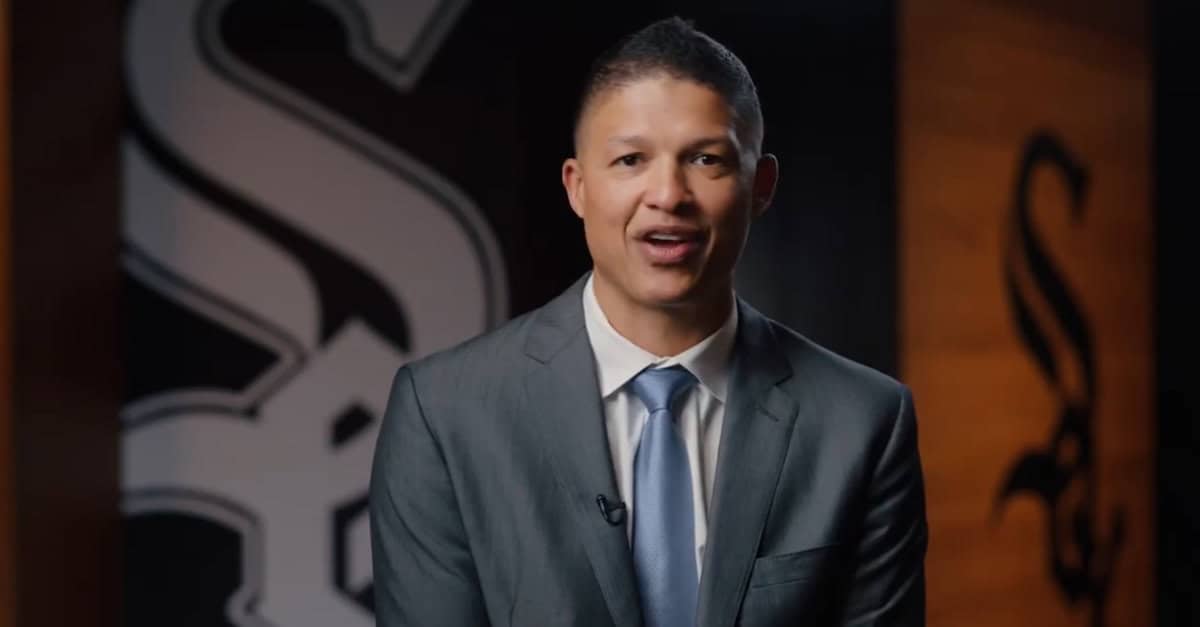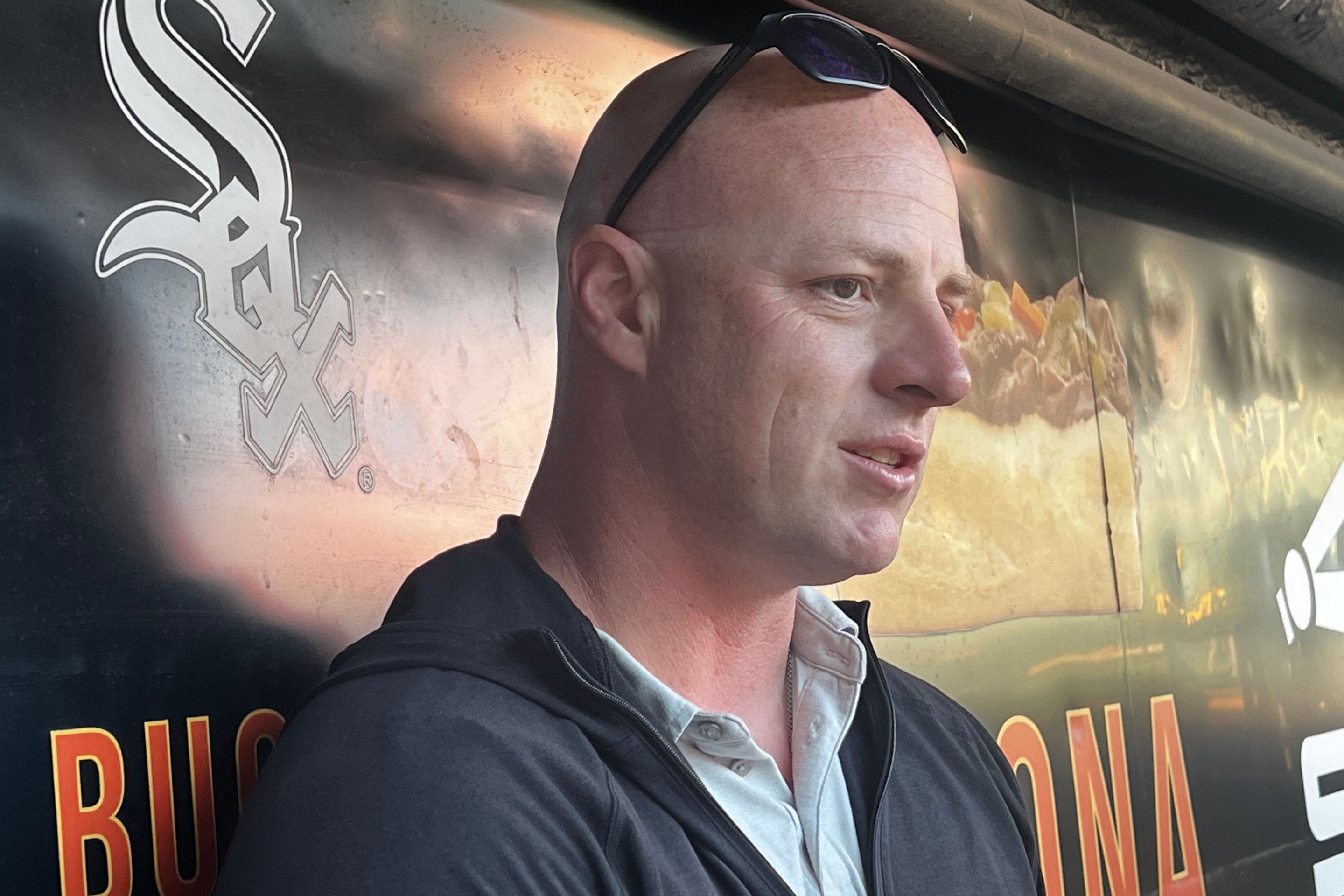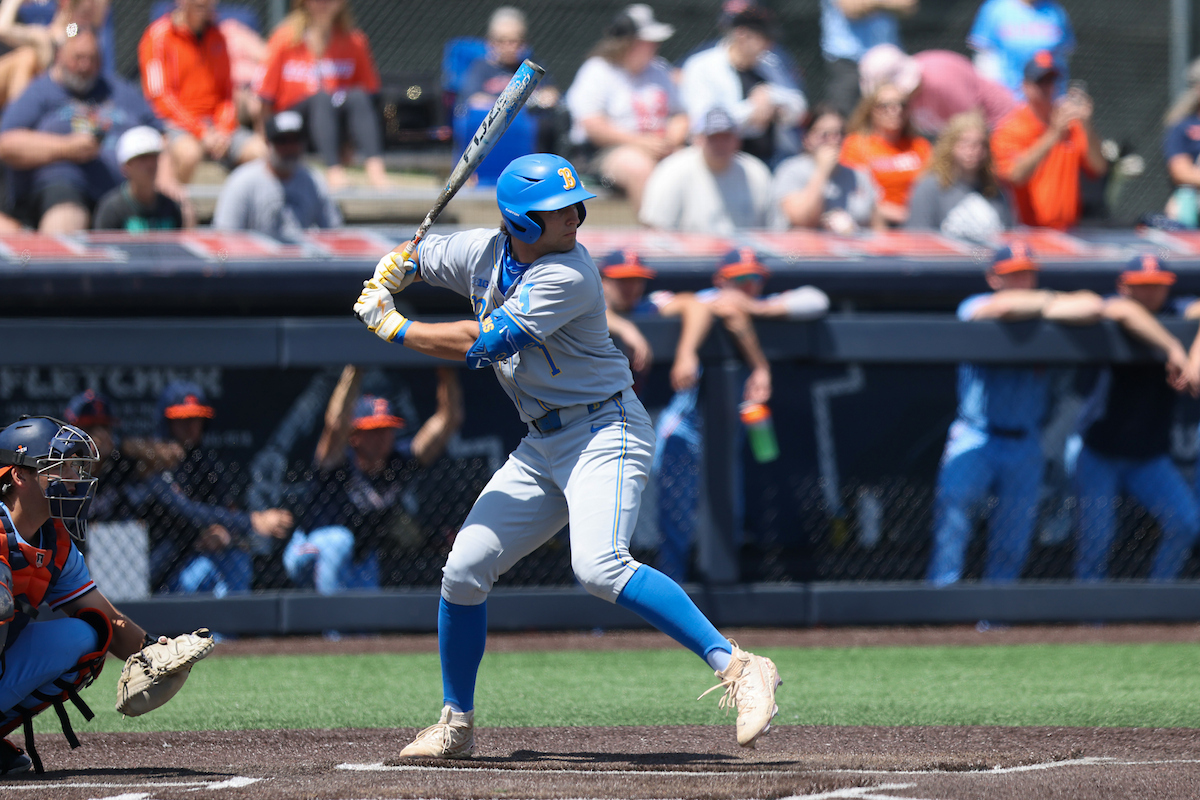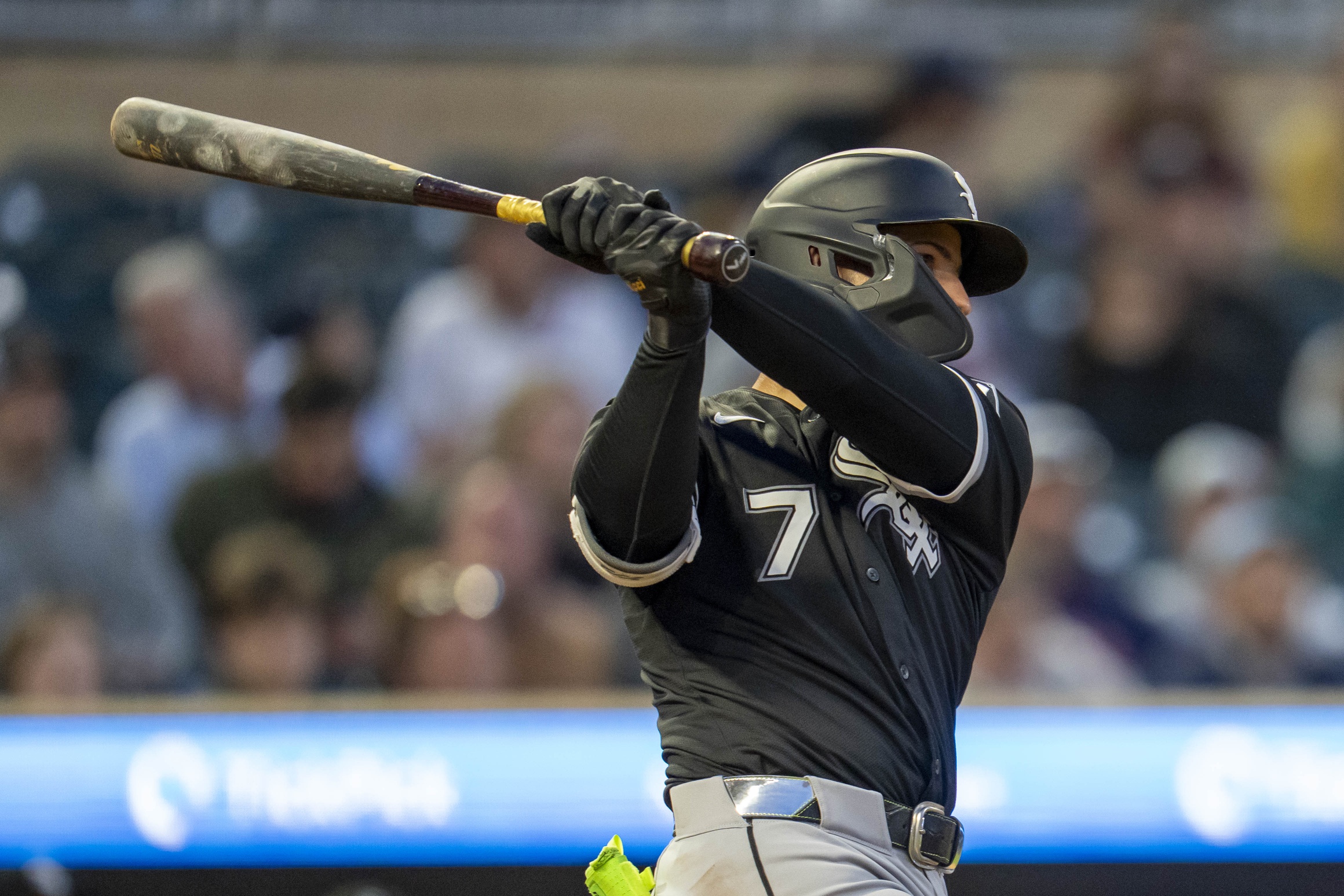For the third time in the last five years, the White Sox formally announced a new manager. This time it was Will Venable, and the introduction of the previous two managers help to inform us of the limits of first impressions.
You definitely don't want a repeat of the way the White Sox unveiled the Tony La Russa announcement, with A.J. Hinch's autograph on the celebratory graphic and Rick Hahn looking and sounding like a hostage on the Zoom call while using the passive voice to distance himself from culpability.
Conversely, Hahn couldn't have been more effusive about Pedro Grifol, and Grifol couldn't have been less equipped to handle the challenge of managing the White Sox. In his defense, it's likely that nobody could've been the right manager for the Late Stage White Sox in the death throes of the Kenny Williams-Rick Hahn Era, but Grifol was overwhelmingly a wrong one. He dropped a bomb on his first day by saying "We're going to prepare every night to kick your ass," but ended up getting hoisted with his own petard by going 89-190 before Jerry Reinsdorf let Chris Getz pull the plug.
Fresh off a season in which the White Sox set the modern MLB record for losses in a season, neither Getz nor Venable could win the press conference in any meaningful sense, because the new manager is inheriting a situation that already drained meaning out of most words pertaining to the job.
For instance, what Getz said about Venable in the press release ...
“Will is widely recognized as one of the premium managerial candidates within the game, and we are very excited to bring him into our organization as our new manager. He is so well thought of across baseball. Will has built a well-earned and well-deserved reputation as a successful player, front office executive, coach and associate manager. A great communicator, Will is going to build strong relationships, set expectations, build a clubhouse where we hold one another accountable, and ultimately, create a winning mindset among our players and a winning environment in our clubhouse.”
... isn't all that different from what Hahn said about Grifol in that press release in 2022:
“Pedro is a bilingual, modern baseball thinker who brings two-plus decades of experience in a variety of roles – bench coach, hitting coach, winter ball and minor league manager, director of player development and scout. He is an excellent communicator and an experienced game planner who brings a high energy and detail-oriented approach to leadership. He is committed to building an inclusive and cohesive clubhouse, and we could not be happier to have Pedro leading our club.”
The biggest difference is that Getz led with "successful player," which struck me as the easiest way to contrast him with Grifol, who never reached the majors. You could wave it away as a mere chronological accounting of Venable's life in professional baseball, and I did .... until I saw the headline on whitesox.com:
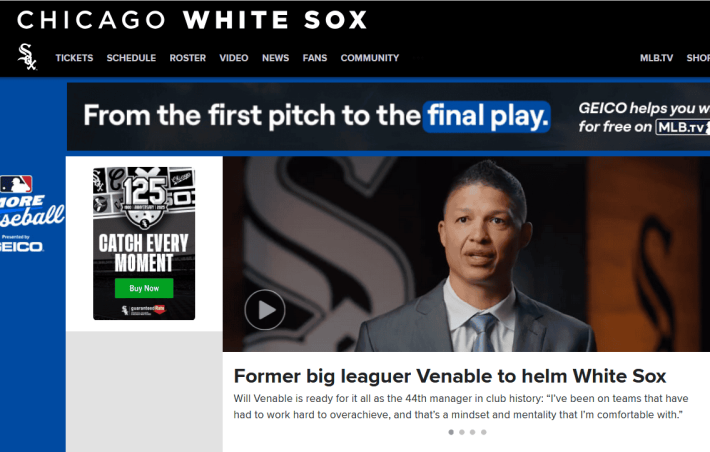
Otherwise, everything else about the introduction -- full video here -- echoed themes from the previous cycle. Getz said that his crew came up with 60 names, whittling it down to 20 they talked to, and then pared down further to five finalists. That's about twice the amount for the process Hahn described behind the hiring of Grifol -- 30 initial candidates, eight were interviewed, with "a few" finalists getting a second interview -- but I'm not sure that doubling the numbers makes it all that more impressive.
Likewise, Venable's first chance to answer a question -- one about how he'll balance developing players against attempting to win games -- steered immediately into culture, which is probably the one word that Grifol rendered the most meaningless.
It's not Venable's fault the White Sox are where they are, and the previous administration did what it did, but the end result is a situation where he could give the most impressive, comprehensive answer to every question and inspire no greater response than, "Yeah, I guess."
If you consider Venable's first job to remain upbeat in spite of the circumstances, then the press conference provided a little bit of training. A number of the questions could be categorized under the theme of "You sure you know what you signed up for?", and he made sure to sound enthusiastic in spite of the framing. For instance, when asked whether he questioned himself at any point about really wanting to take this specific job, he responded with:
“I look at all of these jobs and all these opportunities as a challenge. I don’t think that there’s one managerial job that is easy. All these jobs come with their unique challenges, and I’m excited about the challenges that are presented here with this group.”
Again, a technically fine answer that can only be met with, "If you say so."
That's more or less how it'll be until April. For all the talk about communication and culture and accountability and relationships and attention to detail, there won't be a true sense of whether anything has changed until the rubber once again meets the road.
There were a couple of questions specific to Venable and the immediate timetable where the answers had significance.
Getz said that there isn't a timetable for Venable to have a staff in place, only that "there will be coaches that are coming back," and Grady Sizemore could be a part of it.
As for the other burning question, Venable had turned down interview opportunities with the Guardians and Mets a year ago, which made it surprising that he'd accept the White Sox job. He talked around his process last year, only saying, "The opportunities that I had just didn't really fit the criteria for me and my family. No knock on the opportunities and it wasn’t anything going on with Texas, it was just kind of my personal criteria that I had. And this year, it was different."
That doesn't quite explain it, outside of Venable saying he enjoyed Chicago as a member of the Cubs' coaching staff, but a couple times he pointed out a comfort with Getz and the front office, and the picture they presented him.
“I wouldn’t say he sold me on it. I would say he was just really transparent on what he valued and that really started with people and that’s what I value, too." Venable said. "We continued to talk and lay out his vision for winning and the foundation he wanted to build and it really all started with people and that really resonated with me and kind of lit me up. As we continued to talk I was more and more confident that he was the kind of partner I wanted to have in this.”
If nothing else -- and right now, there's close to nothing else -- Getz has been able to sell a vision to various people outside the organization on what might be possible with the White Sox. It's worth noting that all of those outside hires -- Brian Bannister, Josh Barfield, now Venable -- all happen to be ex-players in the same generation, all between 41 and 43 years old, so perhaps there is something to his ability to communicate on a person-to-person level within his particular cohort. That's not nothing, but it only stands a chance of being something if player evaluation and development improves.
